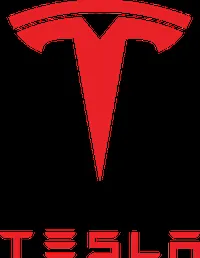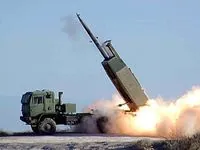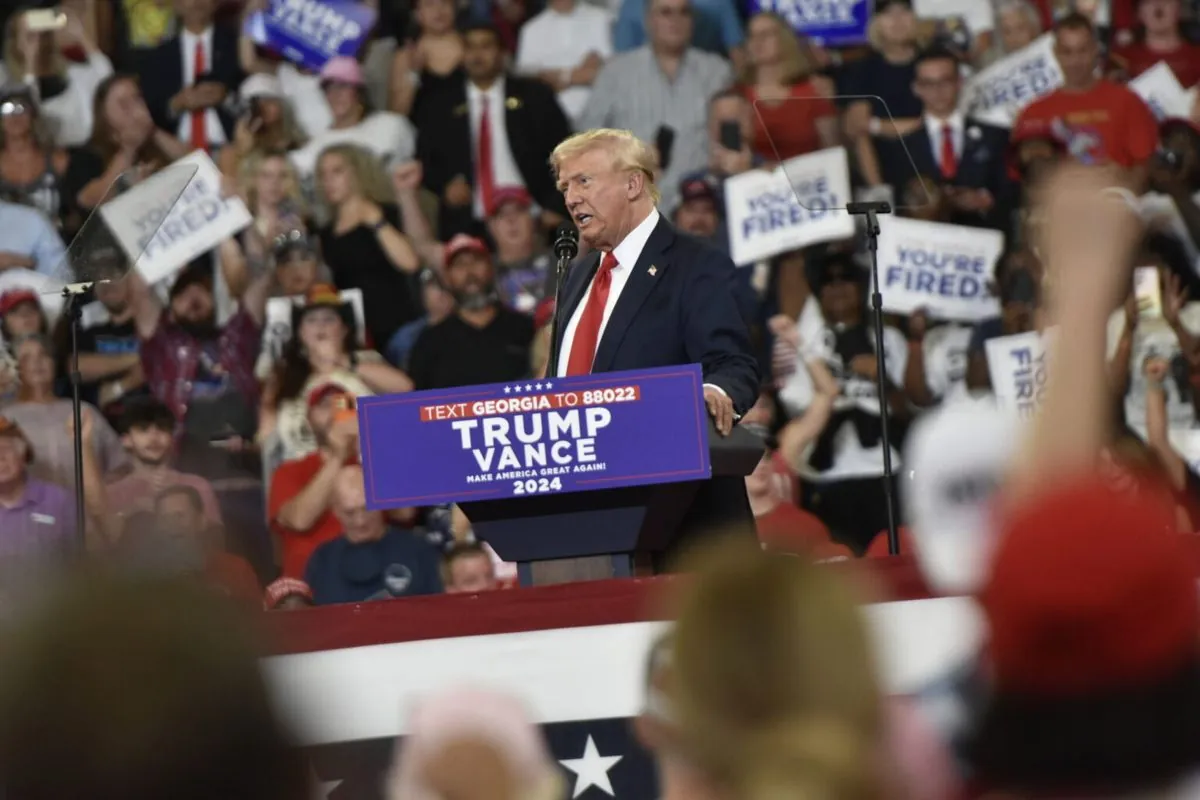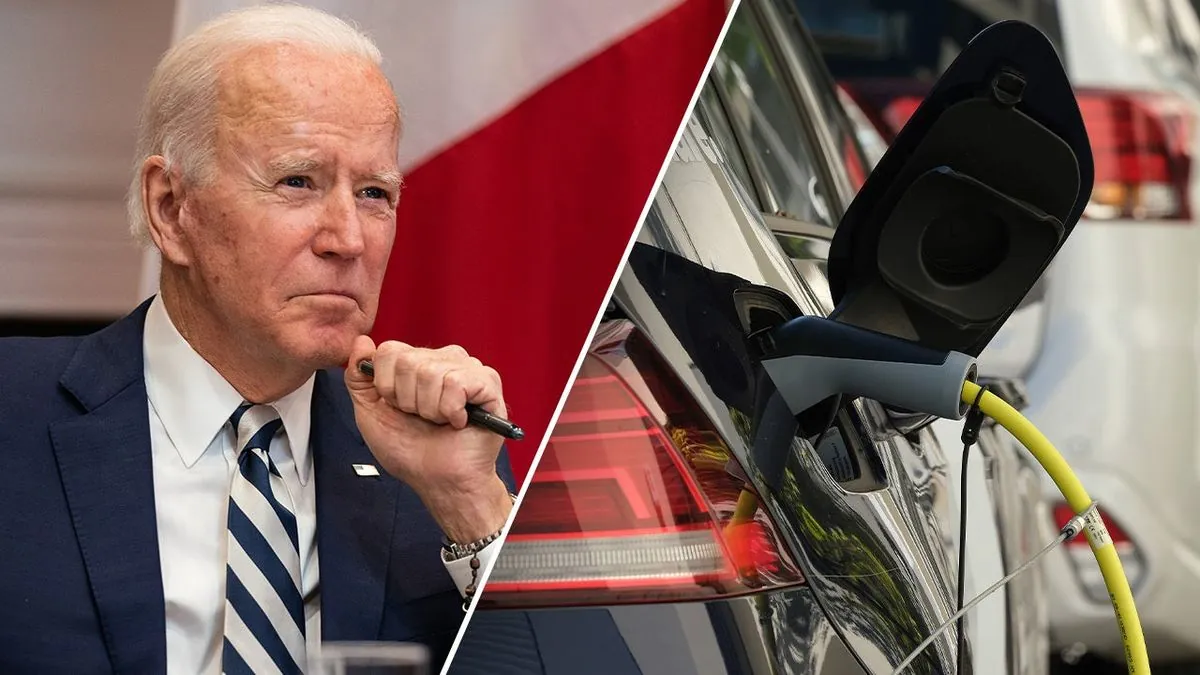US Ban on Chinese Car Tech: Potential Blow to Tesla, Not Beijing
US proposes ban on Chinese vehicle technology, citing security risks. While aimed at Chinese EVs, the move could backfire, potentially impacting Tesla's operations in China and sparking retaliation.
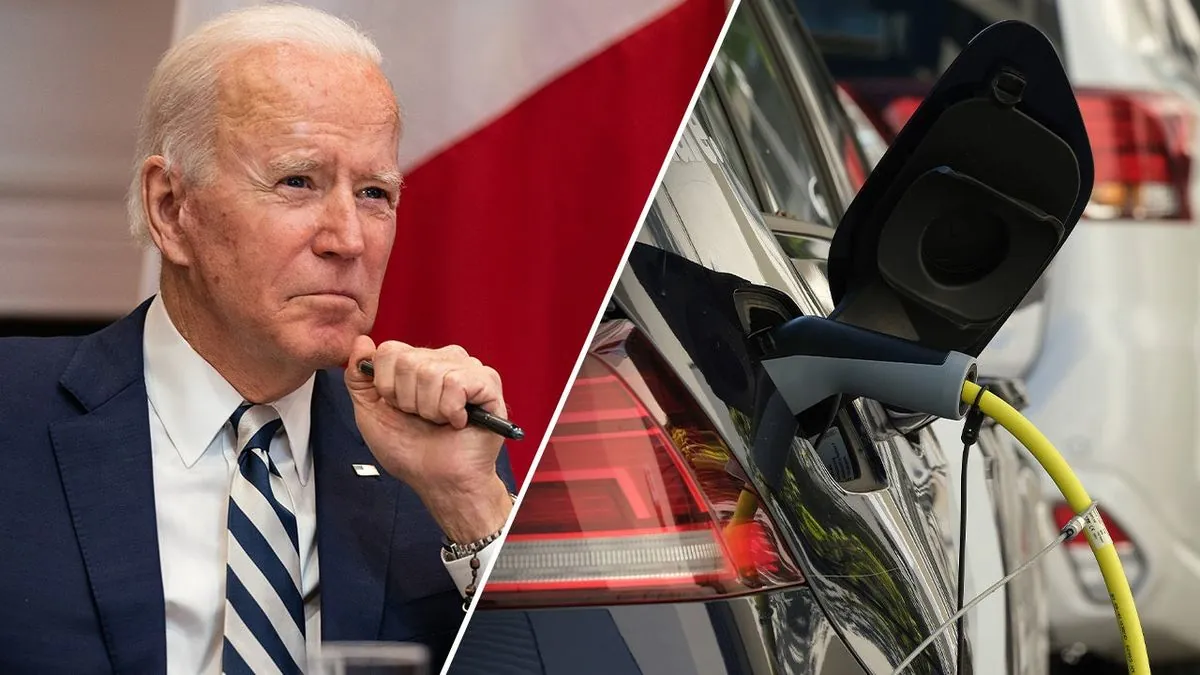
The United States has proposed a ban on Chinese technology in new vehicles, citing national security concerns. This move, announced by US Commerce Secretary Gina Raimondo, aims to prevent potential remote control of American cars by foreign adversaries. While seemingly targeting China's electric vehicle (EV) industry, experts suggest the ban could have unintended consequences for US companies, particularly Tesla.
The proposed restrictions, set to begin in 2027 with further measures in 2030, would prohibit the import and sale of cars relying on Chinese software and hardware for internet connectivity. This includes microchips used for location tracking, traffic data transmission, and self-driving technology.
However, the impact on Chinese EV manufacturers may be limited, as their presence in the US market is already minimal due to existing tariffs. In May 2024, President Joe Biden increased tariffs on Chinese EVs from 25% to 100%, effectively doubling their cost and pricing them out of the market.
The real concern lies in potential retaliation from China. Bill Russo, founder of Shanghai-based Automobility, warns of likely reciprocity that could affect US businesses in China. This puts Tesla, the world's second-largest EV manufacturer, in a vulnerable position. In 2023, Tesla sold over 600,000 cars in China, its second-largest market.

The situation highlights the complex relationship between the US and China in the automotive industry. China, the world's largest EV market, has been a crucial player in the global shift towards electric mobility. The US, with its automotive heart in Detroit, Michigan, is striving to maintain its competitive edge in this evolving landscape.
Geoffrey Gertz, a senior fellow at the Center for a New American Security, suggests that China could target Tesla in response to the US ban. This potential retaliation adds a layer of complexity to the already tense US-China trade relations, which have been strained since the trade war began in 2018.
The ban also intersects with political considerations. Michigan, a key swing state in US presidential elections since the 1970s, is home to the country's auto industry. The impact on American automakers and jobs could influence voter sentiment in future elections.
Interestingly, Elon Musk, Tesla's CEO and owner of social media platform X, has been a vocal supporter of former President Donald Trump. The potential negative impact on Tesla from Chinese retaliation might not cause much concern in the current administration.
As the automotive industry continues to evolve, with connected and autonomous vehicles becoming increasingly prevalent, the geopolitical implications of technology in cars are likely to remain a critical issue. The first connected car concepts emerged in the 1990s, and cybersecurity in vehicles has been a growing concern since the 2010s.
The proposed ban reflects the broader challenges of balancing national security, economic interests, and technological advancement in an increasingly interconnected global automotive industry. As the situation unfolds, it will be crucial to monitor how both US and Chinese companies adapt to these new regulatory landscapes.
"In an extreme situation, foreign adversaries could shut down or take control of all their vehicles operating in the United States at the same time."
























